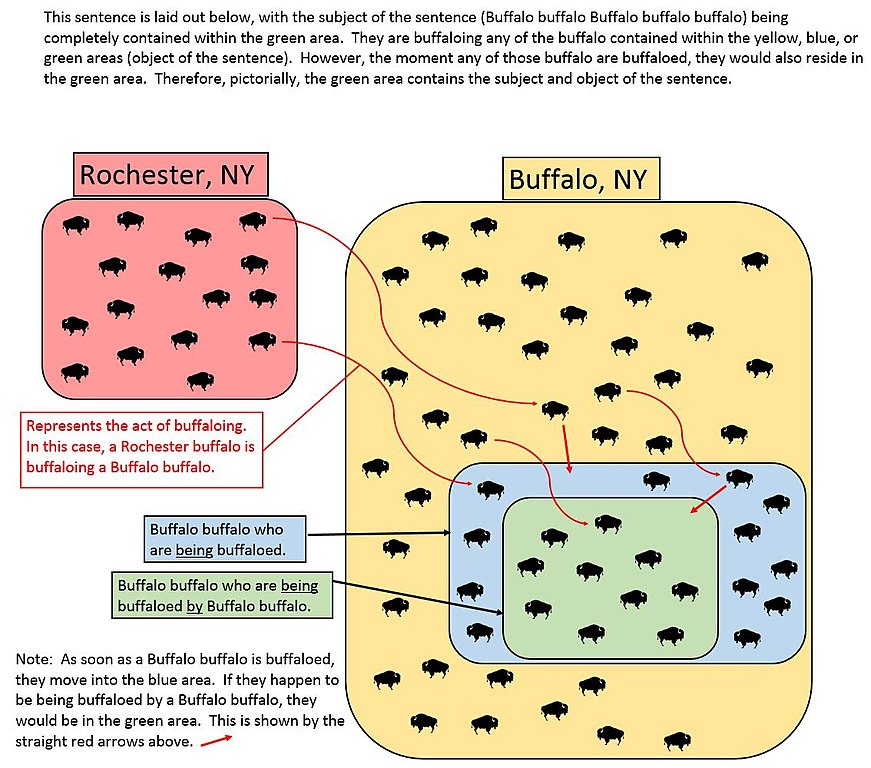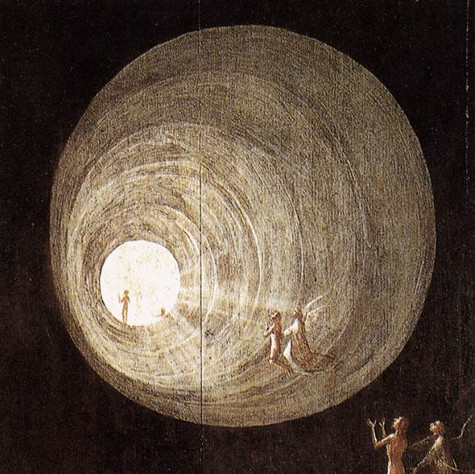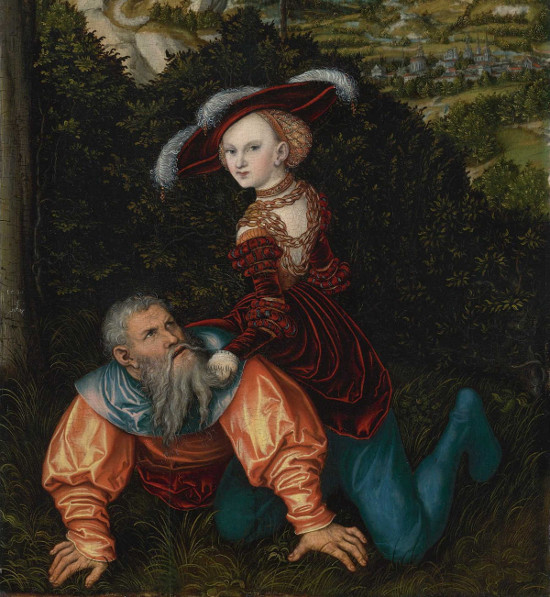In 2014, Princeton mathematician John Conway proposed a simple conjecture:
Let n be a positive integer. Write the prime factorization in the usual way, e.g. 60 = 22 × 3 × 5, in which the primes are written in increasing order, and exponents of 1 are omitted. Then bring exponents down to the line and omit all multiplication signs, obtaining a number f(n). Now repeat.
So, for example, f(60) = f(22 × 3 × 5) = 2235. Next, because 2235 = 3 × 5 × 149, it maps, under f, to 35149, and since 35149 is prime, we stop there forever.
The conjecture, in which I seem to be the only believer, is that every number eventually climbs to a prime. The number 20 has not been verified to do so. Observe that 20 → 225 → 3252 → 223271 → …, eventually getting to more than one hundred digits without reaching a prime!
Conway offered $1,000 for a counterexample, a number that doesn’t “climb to a prime.” The challenge stood for three years before James Davis, who calls himself “not a mathematician by any stretch,” found the pretty 13532385396179 = 13 × 532 × 3853 × 96179, a composite number that loops onto itself and thus never reaches a prime — a find worth $1,000.





